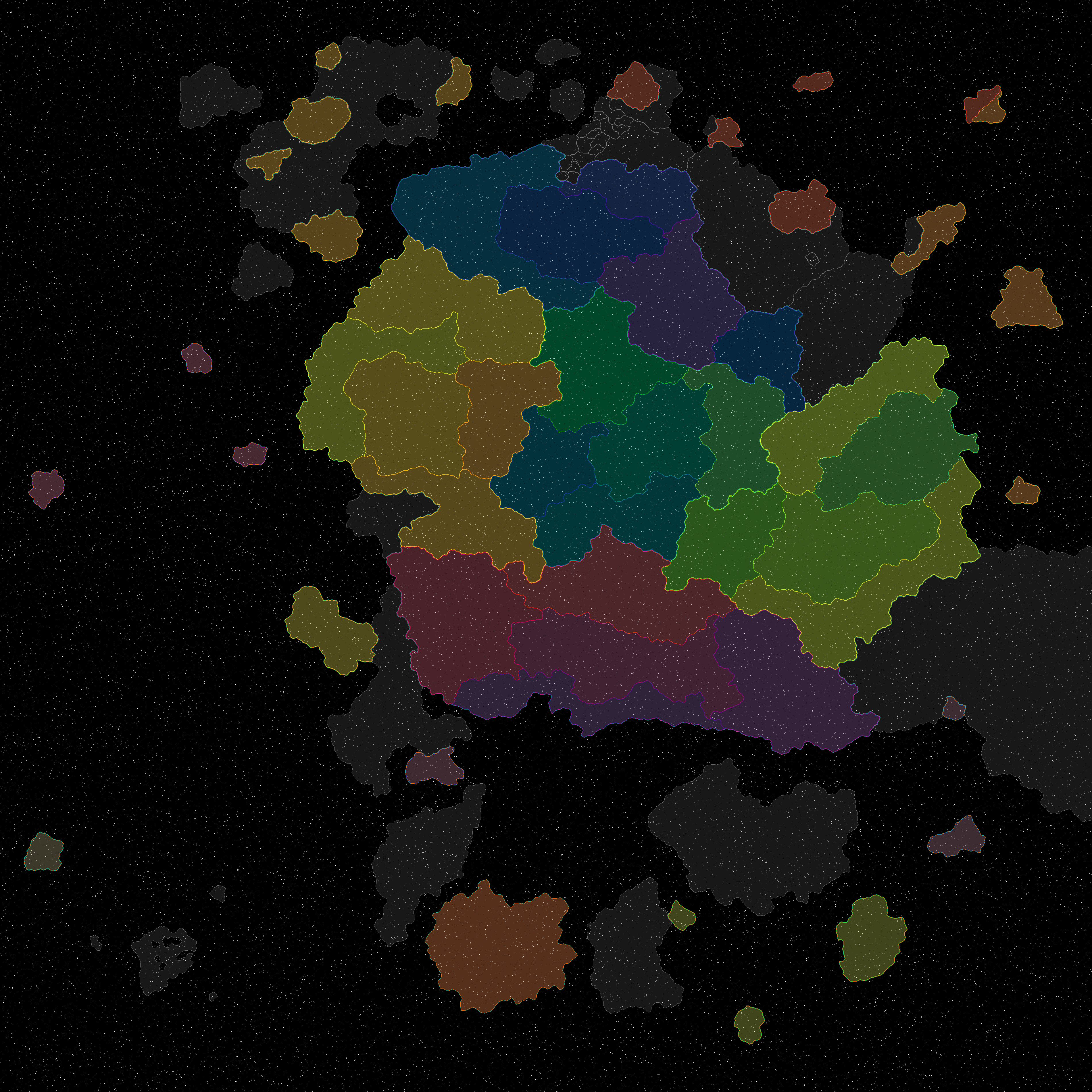Cross-posting from the MotF contest. Just a little butterfly genocide, nothing much.
A last-minute entry, but I thought I'd add it in anyway. It's not my best work, but it's fun enough.

Remember the ever-present ads showing you gorgeous pictures of southern Iberia that you could only think "Geez, I will never be able to afford this."? Miss them? Nobody does.
But here's why you might have noticed them having disappeared from your TVs and Internet advertisement space lately: the Andaluz tourism industry has collapsed. And it brought the entire national economy down with it.
The Andaluz tourist industry was renowned throughout Europe to be one of the largest, most well-invested and dynamic in the world. Having as its beating heart Taifa Airlines, the major airline company in the region, controlling air traffic through much of southern Europe and being ever-present when it came to northern Europeans heading to a well-deserved Mediterranean vacation. Nationally, Taifa was the largest and wealthiest corporation in the country, with subsidiaries extending their branches to hotels, restaurants and all sorts of entertainments. And, throughout the country, a thriving tourist industry employed millions who served throughout the year in the many branches of entertainment Andaluz had to offer its visitors.
Historically a heart of Islamic thought, philosophy and art, right there in the European backyard, Andaluz now is in a prime position to enrich itself through tourism; its beaches are considered the best in Europe and it proudly boasts a rich and mixed culture, with artifacts ranging from the Phoenician to the Roman and Arab, and a rich gastronomy unlike anywhere else in the world. Nothing could go wrong and everything looked bright to the ancient yet innovative nation, as the world globalised and each year more and more planes full of tourists willing to spend everything in their pockets in the country came.
Until, of course, the pandemic hit. Suddenly, European countries were closing borders, hotels were being forced to close, airplanes were being grounded and the entire fragile ecosystem of the Andaluz tourism industry was being flooded by requests of cancellation. It seemed that the tourism industry was expected to just stay on hold for this summer.
Of course, this happened in every single country on Earth. That would be the meaning of a pandemic. Why is the Andaluz case special, then? The following map might explain the issue:
Tourism is the life and blood of Andaluz. Millions depend on it to survive. The national economy depends on it to survive. There really isn't that much of an industry to rely on in Andaluz, and decades of bad agricultural policy have left the national agriculture incapable of sustaining itself. Tourism was a very necessary export that made the accounts look right at the end of the fiscal year. And now, it is gone. Most property owners are preparing to declare bankrupcy; most of the employees of the services sector, relying on already precarious employment, are on the street, hungry. It is possible that even Taifa Airlines, a giant among its kind, may fall.
What will be coming next? Civil unrest, perhaps. Some already feel it, with the unemployed in Qadis and Malaqah already having staged protests against the poor conditions of welfare in the country. The political situation, once an island of stability, fed by the need to have a place in the sun for Europe to vacation at, now seems to be gone. Not even the keenest political analyst can say with any certainty if, by the end of the pandemic, the United Taifas of Al-Andaluz will be there or if they will have, as many individuals throughout the world, also fall victim to this illness.

